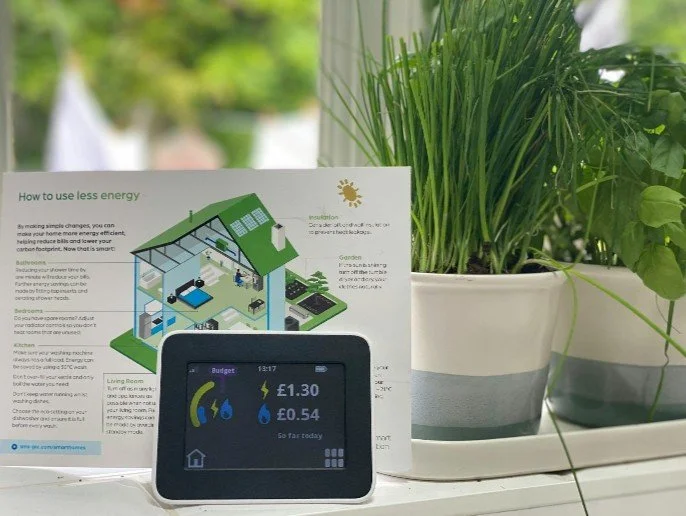By HRCNN Staff Writer
July 26, 2025 – Norfolk, VA
In a long-anticipated step toward revitalizing its urban waterfront, the City of Norfolk has broken ground on a $750 million casino and resort development that will transform a surface parking lot near Harbor Park into a year-round entertainment anchor. Developed through a partnership between the Pamunkey Indian Tribe and Boyd Gaming Corporation, the project is expected to deliver significant economic returns, enhanced transit connectivity, and a new identity for the city’s east downtown corridor.
“This isn’t just a gaming destination,” said City Manager Patrick Roberts. “It’s a regional anchor—connecting transit, tourism, and long-term development strategy.”
The six-acre site, previously known as Harbor Park Lot D, is being reimagined as a full-service resort complex. Plans call for a 200-room hotel, more than 1,500 slot machines, 50 table games, eight restaurants and bars, and a 45,000-square-foot amenities deck. A 1,300-space structured parking garage will support both on-site patrons and broader downtown event traffic. The developers anticipate opening a temporary casino facility by the end of 2025, a requirement tied to the voter-approved 2020 casino referendum. The full build-out of the permanent resort is expected to be completed by late 2027, with construction currently managed by S.B. Ballard Construction and Yates Construction—the same team behind Rivers Casino Portsmouth.
On July 25, 2025, a team from the Hampton Roads Construction News Network (HRCNN) visited the active construction site. At present, contractors remain in the early stages of infrastructure development, with work focused on horizontal utilities, underground connections, and initial site grading. Trenches have been opened for electrical, sanitary, storm, and water service lines, and equipment is staged along the site perimeter for ongoing material deliveries and subgrade preparation.
Norfolk’s entry into Virginia’s gaming sector follows closely on the heels of Portsmouth’s 2023 debut of Rivers Casino, which generated more than $15 million in gambling tax revenue in its first year. The proximity of the two properties—just across the Elizabeth River—has prompted questions about regional market saturation. Yet Boyd Gaming executives remain confident in the project’s positioning.
“We see Norfolk not only as viable but as visionary,” said Boyd Senior Vice President Marianne Johnson. “This project balances premium gaming with waterfront recreation and connectivity to rail, ferry, and regional highways.”
Indeed, the site’s adjacency to the Tide light rail system, Norfolk’s ferry terminal, Amtrak station, and the I-264 corridor gives the resort a multimodal advantage unique among East Coast gaming properties. The project is also envisioned as a key economic driver for the broader St. Paul’s redevelopment district.
The casino’s journey to groundbreaking was far from straightforward. Initial concepts unveiled in 2021 proposed a sprawling 13-acre footprint. However, shoreline regulations, FEMA floodplain designations, and coordination with multiple regulatory agencies—including the U.S. Army Corps of Engineers, Virginia Marine Resources Commission, Norfolk Wetlands Board, and Department of Environmental Quality—led to a significant reduction in the developable area. Ultimately, the buildable site was scaled down to six acres, with adjustments made to align with Norfolk’s $2.6 billion federal floodwall project.
Planning staff and design consultants from VHB and HKS worked extensively to ensure the project met city goals for resiliency and public access. The Elizabeth River Trail will be extended along the waterfront, buffered by lighting, landscaping, and visual corridors to preserve the riverfront experience. Despite a 6–1 vote of support from Norfolk’s Architectural Review Board, some design elements—including building height, wayfinding signage, and indoor smoking areas—remain under scrutiny.
Opposition to the project has not been limited to regulatory boards. Norfolk Councilmember Courtney Doyle cast the sole vote against the revised site plan, citing concerns over public health impacts, design scale, and the project’s symbolic weight on the city’s shoreline.
“There were real questions about what kind of development belongs on our waterfront,” Doyle said during the September 2024 hearing. “This is not just a building. It’s a message.”
Still, city officials point to substantial fiscal and employment gains as justification for the project’s aggressive timetable. According to economic impact projections, the resort could generate upwards of $30 million in annual revenue for Norfolk through a combination of gaming taxes, lease payments, and indirect activity. During construction, the project is expected to support more than 2,800 jobs, with roughly 850 permanent positions once fully operational. Annual wages across all sectors tied to the resort are projected to exceed $58 million.
Jared Chalk, Norfolk’s Director of Economic Development, noted that the casino is not being positioned as a standalone amenity, but as a keystone in a broader strategy to modernize the city’s hospitality and tourism infrastructure. “The fiscal impact is meaningful, yes,” Chalk said, “but just as important is the catalytic effect this project has on surrounding redevelopment and employment mobility.”
Still, for many Norfolk residents, questions remain. Some community leaders have expressed concern about the risk of over-commercialization, traffic spillover into adjacent neighborhoods, and the equity implications of locating a high-end casino near communities still recovering from generational disinvestment. Others are cautiously optimistic, hopeful that new job opportunities and public-private reinvestment will reach those most in need.
“The resort could become a symbol of either vision or division,” said civic activist Andrea Lemieux. “The outcome will depend on who it serves—and who gets left behind.”
For now, cranes continue to rise above the Elizabeth River, reshaping a familiar skyline with steel, concrete, and high expectations. Whether Norfolk’s bet on the waterfront pays off—or busts—remains one of the region’s most closely watched civic stories.
About HRCNN
The Hampton Roads Construction News Network (HRCNN) is an independent editorial platform tracking the intersection of zoning, infrastructure, environmental development, and regional planning across coastal Virginia. We welcome contributions from professionals, civic leaders, and community members who share a passion for responsible growth and resilient design.
To submit a story idea, case study, or opinion piece, visit:
https://earthlyinfrastructure.com/hrcnn-submit-article
Let us help you bring your voice to the conversation shaping Hampton Roads.







